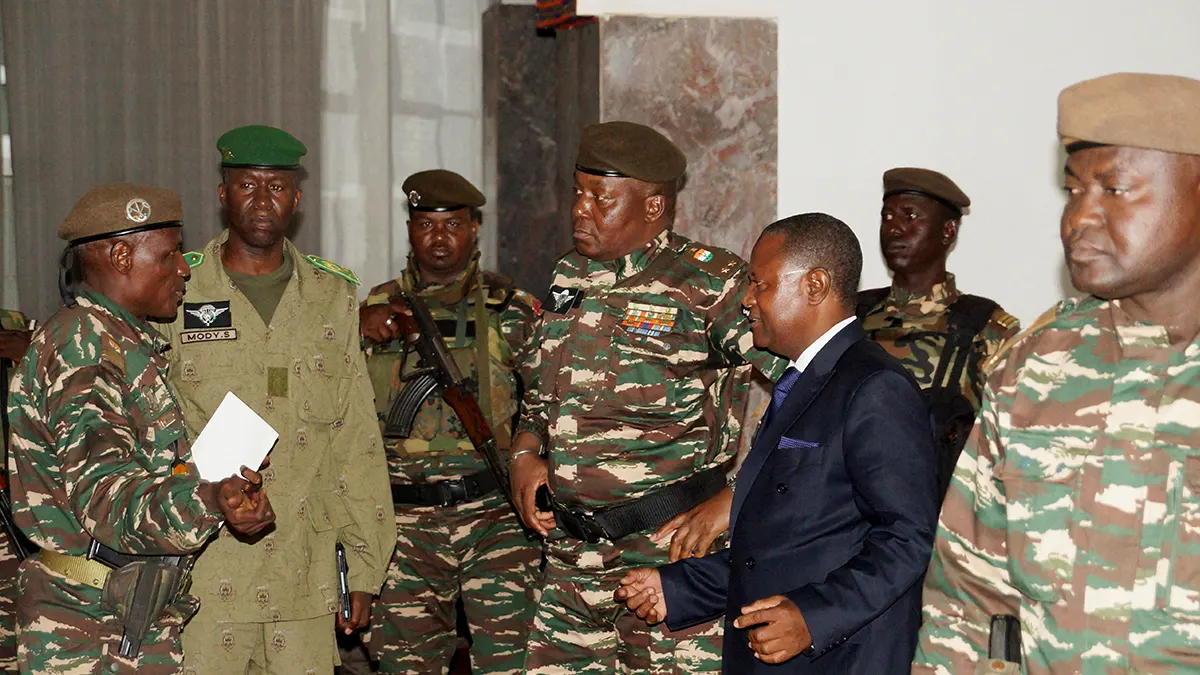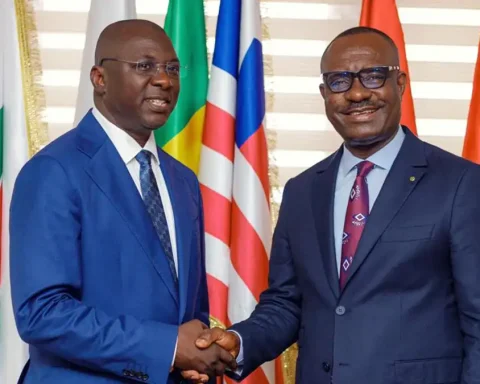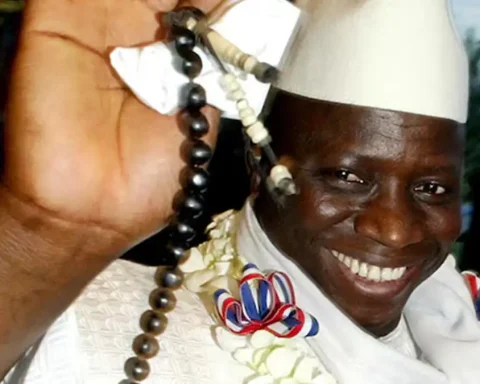Niger's military junta engaged in discussions with Nigerian envoys, raising hopes for dialogue prior to a summit with regional leaders.
The summit could potentially lead to military intervention to restore democracy. The talks occurred as Niger accused France of violating its airspace and supporting the release of “terrorists.” France denied these allegations.
Amidst rising tensions, coup leader Army officer Amadou Abdramane made accusations of destabilization without providing evidence.
These claims have added to the unease ahead of West African heads of state meeting, where options including military action against the junta will be discussed.
The junta's standoff has led to diplomatic overtures being rebuffed, but an exception was made for a meeting with Nigerian President Bola Tinubu's envoys.
This move occurred despite closed borders and involved traditional leaders Lamido Muhammad Sanusi and Abdullsalami Abubarkar.
While Sanusi met with junta leader General Abdourahamane Tiani, the junta continues to hold former president Mohamed Bazoum and his family in detention under dire conditions. The United States expressed concern for Bazoum's safety and called for the reversal of the military takeover.
The junta's revocation of military agreements with France, coupled with accusations and regional tensions, has brought Niger's political situation onto the international stage.
The landscape became more complex with the emergence of a Council of Resistance for the Republic (CRR), led by former rebel Rhissa Ag Boula, aiming to reinstate Bazoum.
Ag Boula's actions raise concerns of internal conflict, as Niger's political turmoil continues to draw international attention.
The situation's implications extend to economic repercussions, border closures, aid disruption, and foreign sanctions against one of the world's poorest nations.







